“This is no time to engage in the luxury of cooling off or to take the tranquilizing drug of gradualism.”
― Martin Luther King, Jr.
SPRINGFIELD – The Illinois Legislative Black Caucus put police abuse into a chokehold this month and are squeezing hard.
There was nothing gradual, incremental or temperate about their reforms.
They want justice now. And who can blame them?
Black and brown people have borne the brunt of police abuses for centuries.
I’ve been a journalist for more than 30 years in multiple states and covered police departments in big cities and small towns. I even produced a podcast examining wrongful convictions in various jurisdictions across the nation.
And based on that experience – and more university studies than you can shake a nightstick at – Black people are treated far more harshly by law enforcement than their white counterparts.
Racial epithets were common in squad rooms and detective bureaus I covered whether in Illinois, Iowa, Texas or Nevada. More significantly, on the street I saw officers treat Black people more harshly.
Don’t kid yourself racism is part of law enforcement culture. Is every cop a bigot? Nope. But every honest, fair cop sees it in some of their peers.
Key points of the legislation would:
· Eliminate the use of the chokehold by all law enforcement officers.
· Expand the use of body cameras to police departments throughout the state.
· Make police officers civilly liable when a defendant’s rights are violated.
· Eliminate cash bail for all crimes.
· Allow municipalities to refuse to negotiate over the firing of officers or other disciplinary issues as part of labor contracts.
Perhaps the most far-reaching proposed reforms are in the area of accountability.
Labor contracts make it difficult to fire bad cops. I’ve seen it play out time and again where an abusive officer is fired only to be reinstated after going through labor arbitration appeals.
And the public is stuck with a bad cop back on the streets.
“Police officers aren’t bus drivers. They decide whether someone lives or dies and they need to be held to a higher standard,” said State Rep. Curtis Tarver, D-Chicago.
Who can argue with that?
In a state such as Illinois with a long history of strong government-worker unions, this is a radical but needed reform because it holds individual officers accountable for bad conduct.
A more curious accountability measure is the ending of “qualified immunity” for police officers. In almost all cases, police officers are not personally liable even when they violate a person’s civil rights, explained Jay Schweikert, an expert on qualified immunity at the libertarian-leaning Cato Institute.
Last year, Colorado became the first state to eliminate this lawsuit protection for police officers. If the Black Caucus’ bill becomes law, Illinois will be the second state.
“There are a lot of ways this can play out. If a police officer is found liable, the municipality that the officer works for can indemnify the officer and it ends up paying the judgment,” he said.
But he added since this is a new area of law there are other options.
“One option is that the officer pays something like 5 percent or $20,000 of the judgment, whichever is less. This holds the officer financially accountable. Another option is for individual officers to purchase insurance much the way doctors do and the worse their records are the higher their individual premiums are.”
Perhaps the best option is for police labor unions to provide high-deductible liability insurance to their members. That way, there is a personal cost to the officer if there is a judgment and there is an incentive for the union to police its own ranks for those who shouldn’t be in the profession.
What we don’t want is for taxpayers to be on the hook for misconduct judgments or for there to be bad cops on the streets.
Scott Reeder is a veteran statehouse journalist and a freelance reporter. ScottReeder1965@gmail.com.
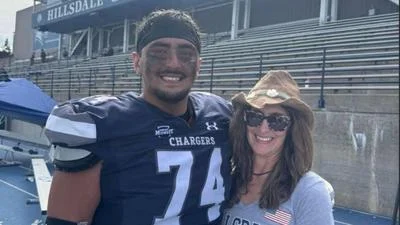
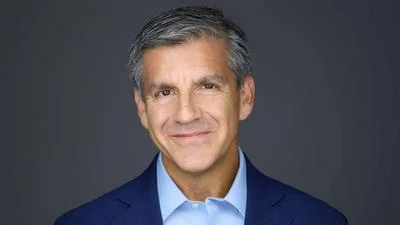
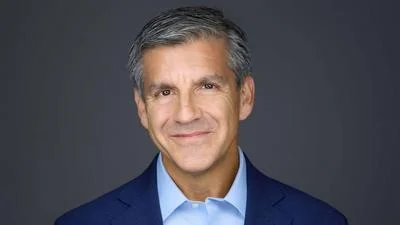
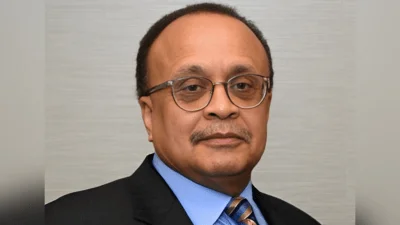
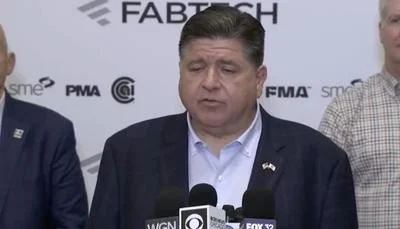
 Alerts Sign-up
Alerts Sign-up